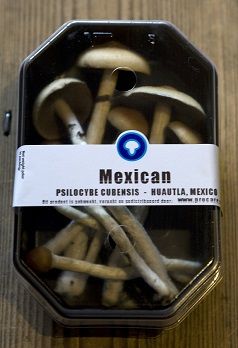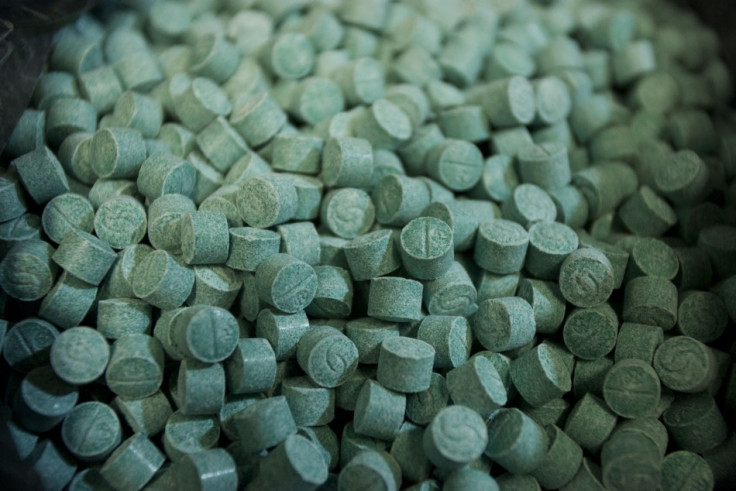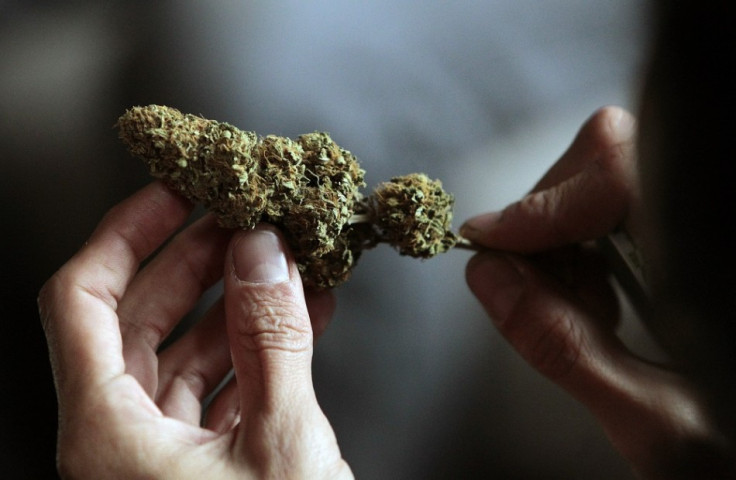Ketamine, LSD, Magic Mushrooms and Ecstasy: The Illegal Drugs Which Can be Good for You

Ketamine, the horse tranquilizer which is also a popular party drug, could be used to treat people who have been suffering from long term depression, according a study.
Researchers at Oxford Health NHS Foundation Trust and the University of Oxford said they noticed a "remarkable" change in people suffering treatment-resistant depression once they were given the drug, which has recently been upgraded to Class B.
The study, published in the Journal of Psychopharmacology, involved giving 28 patients either three or six intravenous infusions of 5mg/kg of ketamine, each lasting 40 minutes.
The study showed after the final infusion, eight had responded to the positively treatment, four of whom improved so much they were classed as being in remission from depression. Those who had shown improvements felt the benefits of the drug for between 25 days and eight months.
The scientists said with further trials in monitored situations, ketamine could one day be considered a valid treatment for severe depression.
"It's a controversial area but there's no doubt that it's got potential," said principal investigator Dr Rupert McShane.
The trial was the first ever conducted in the UK to examine the possible health benefits of ketamine. However, the banned substance is not the first drug which medical researchers have claimed can provide health benefits when properly prescribed.
Magic Mushrooms

Another drug which could help those suffering with depression is psilocybin, the active ingredient in magic mushrooms.
Two separate studies in 2012 showed taking the drug suppresses areas of the brain that are also dampened by other anti-depressant treatments, and also help those with depression to vividly recall positive memories. Those who took the drug also recorded generally feeling happier in the days that followed.
"We're not saying go out there and eat magic mushrooms," said Prof David Nutt. "[But] it's got to be telling us something about how the brain works. So we should be studying it and optimising it if there's a therapeutic benefit," Nutt added.
LSD
In 2012, researchers at the Norwegian University of Science and Technology in Trondheim examined earlier experiments in the US and Canada in the 1960s which showed the drug could be used to treat alcoholism.
The research suggests that taking the drug could give alcoholics a fresh perspective on their drinking problem and take steps to quit.
"Given the evidence for a beneficial effect of LSD on alcoholism, it is puzzling why this treatment approach has been largely overlooked," wrote Dr Pål-Ørjan Johansen.
In March, the first controlled LSD study in more than 40 years also suggested the drug could be used to help people dying from terminal illness come to terms with death better.
The study showed those who took the drug experienced less anxiety about death during psychiatric talk sessions after taking 200 micrograms of LSD.
Ecstasy

Clinical uses of MDMA, a chemical used in ecstasy, have found it has the potential to be used as treatment for anxiety and post-traumatic stress disorder (PTSD).
In studies, the drug has been seen to help reduce the effect of painful memories in volunteers and help those who have suffered traumatic experiences revisit past negative memories without being overwhelmed.
Psychiatrist Dr Michael Mithoefer has conducted a series of tests of the use of MDMA in fighting PTSD. He wrote in 2008 that the drug can "remove some of the obstacles in therapy and act as a catalyst to the therapeutic process".
Researchers at Imperial College London in 2012 also found the drug decreases activity in the limbic system, an area of the brain involved in emotional responses.
Marijuana

While the pain relief effects of marijuana are more or less accepted following the legalisation of medicinal marijuana in several places, there have also been tests to show it can be used to treat other illnesses.
Previous tests have shown the drug can be used to prevent PTSD, has the ability to destroy some cancer cells, as well as improving communication skills for people with Alzheimer's disease and slow down the progression of HIV.
© Copyright IBTimes 2025. All rights reserved.




















